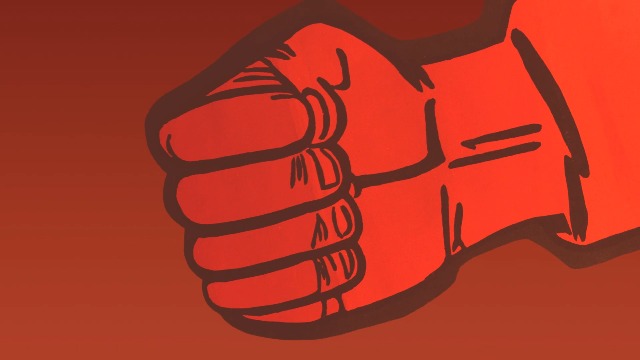Authors: Jean Lachapelle, Steven Levitsky, Lucan A. Way, Adam E. Casey
Affiliation: University of Gothenburg, Harvard University, University of Toronto, University of Michigan
Organization/Publisher: World Politics
Date/Place: October 2020
Type of Literature: Journal Article
Number of Pages: 43
Keywords: Revolution, Authoritarian Regimes, Durability, Theories of Authoritarianism
Brief:
This article attempts to isolate the most significant factor in determining authoritarian regime durability. Challenging established theories such as regime type, GDP growth, military size and abundant natural resources, the authors instead argue that revolutionary violence at the origins of any regime is the best predictor of durability. They base their findings on lengthy quantitative analyses of 20 regimes from 1900-2015. Revolution helps to accomplish elite cohesion, military loyalty, strong coercive state apparatuses and weak centers of alternative power. The article builds on the classical works of Huntington, Mahony, Smith and Slater. Classical authors emphasize the institutional character of authoritarian regimes and their respective breakdown. The classical literature shows that authoritarian regimes breakdown due to elite defection, military coups and mass protests. By this logic, the article traces back the single most effective impact factor on regime decay. The data shows that when factors are compared with each other, radical revolutionary violence sets in motion a reactive process which ensures the protean safeguards against eventual decay. Those safeguards come from ideological foundations which secure elite collaboration, risky choices against self interest and necessary security forces which promote the regime. Ideologically-based revolutionary violence is the single most important predictor for regime survival. By this account, besides Iran, authoritarian regimes in Western Asia do pass the robustness checks necessary for long term regime survival.
By: M. Üveys Han, CIGA Senior Research Associate




